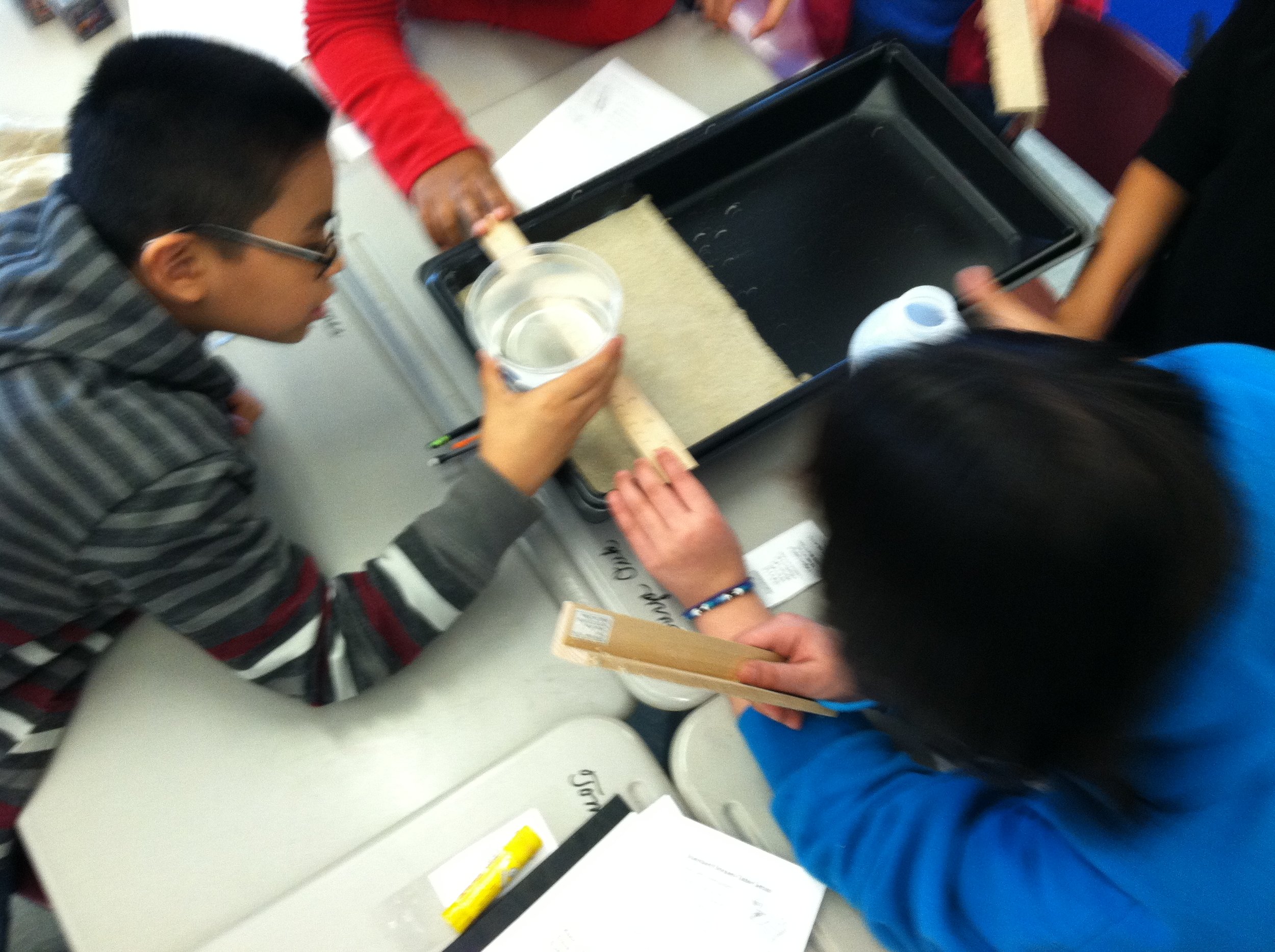Brain Research Matters!
Ken Wesson, asks this question
If it's your job to develop the mind, shouldn't you know how the brain works?
 I would add, and if your job is to develop the curriculum or make an assessment of that young mind, you also need to know how the brain works.The brain science, based on the work of Dr. Wesson, tells us that a child's sustained attention can be predicted fairly accurately.
I would add, and if your job is to develop the curriculum or make an assessment of that young mind, you also need to know how the brain works.The brain science, based on the work of Dr. Wesson, tells us that a child's sustained attention can be predicted fairly accurately.
- Ages 4-5 = 5 - 10 minutes
- Ages 6-8 = 15- 20 minutes
- Ages 9-12 = 22-35 minutes
This is real data based on real brain research. Data-driven. Gail Boushey and Joan Moser (the Two Sisters of the Daily Five), support this research in their work organizing and managing instructional structures for children (see prior post).When reading Jeffrey Brosco's article about increasing ADD/ADHD rates among young children (link to article above), and the array of pharmaceuticals and their side effects (WebMD), it makes one wonder about the numbers of children diagnosed as ADHD/ADD. Could the increased numbers of diagnoses be driven by children who are responding to inappropriately long and stressful attention span demands? Is there an organic reason for a diagnosis? Or is the diagnosis driven by developmentally inappropriate demands on kids?For the educational "experts" creating those packed curricula, demanding "time on task", and sustained periods of testing, brain research must be considered. But it isn't, of course. We continue to subject children to long periods of academics, especially high stakes testing, requiring attention beyond what they are capable.Brain Research matters.